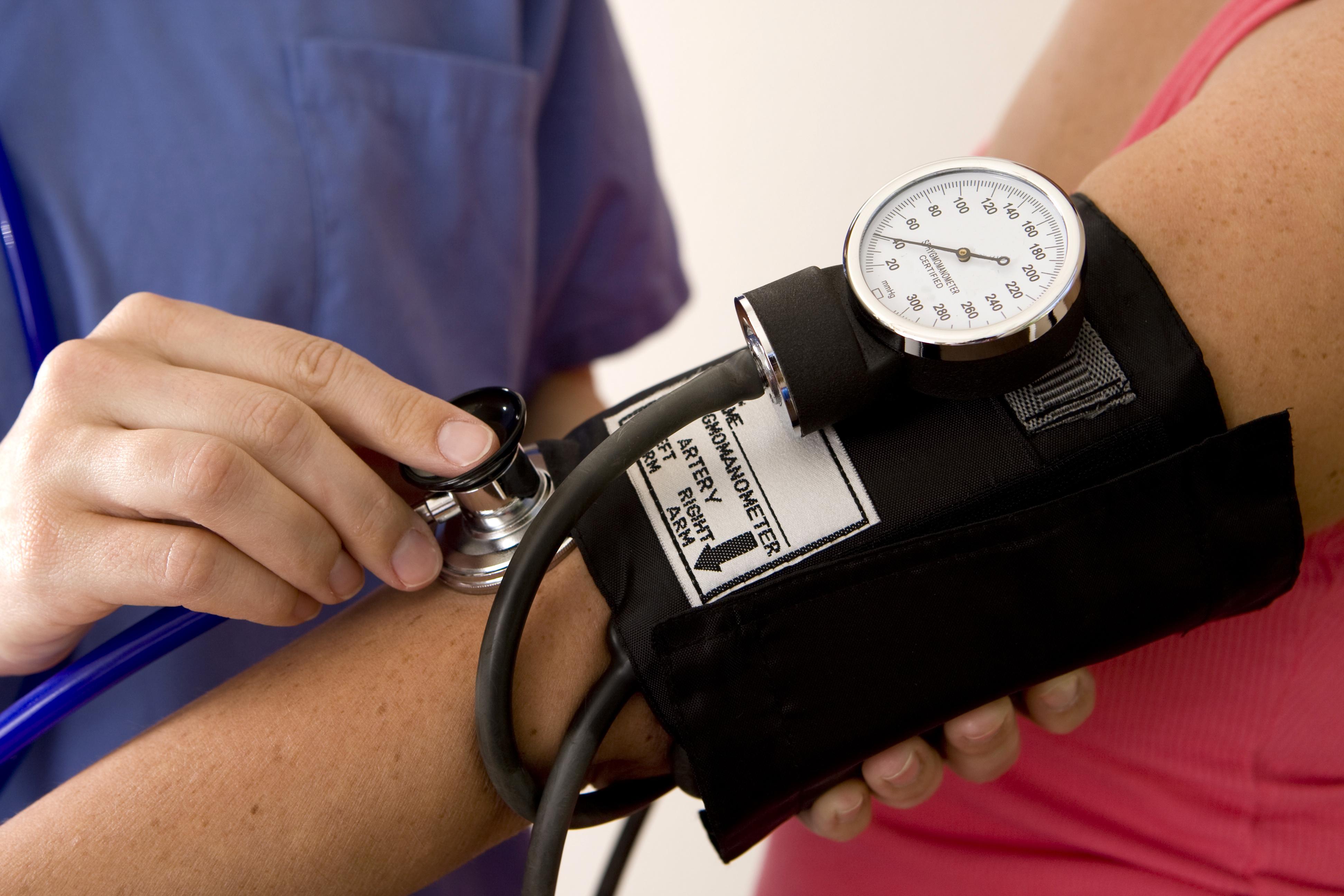PATH-BP: Regular Acetaminophen Use Could Increase Hypertension Risk
Data from the PATH-BP study suggests patients receiving daily acetaminophen experienced significant increases in systolic and diastolic blood pressure after just 2 weeks of receiving the medication.

New research from the University of Edinburgh indicates long-term use of acetaminophen could increase risk of developing hypertension.
A double-blind, placebo-controlled trial, the results of the PATH-BP study indicate patients who received 1 gram of acetaminophen 4 times daily experienced a significant increase in both daytime systolic and diastolic blood pressure after just 2 weeks of daily use.
“This study clearly shows that paracetamol – the world’s most used drug – increases blood pressure, one of the most important risk factors for heart attacks and strokes. Doctors and patients together should consider the risks versus the benefits of long-term paracetamol prescription, especially in patients at risk of cardiovascular disease,” said James Dear, PhD, Personal Chair of Clinical Pharmacology at the University of Edinburgh, in a statement.
In the wake of observational data suggesting acetaminophen use was associated with increased blood pressure, the Paracetamol in Hypertension–Blood Pressure (PATH-BP) trial was designed with funding from the British Heart Foundation to assess associations of regular acetaminophen use with increases in blood pressure in a double-blind, placebo-controlled, crossover study. Beginning in September 2014 and lasting through June 2019, the trial took place at the University of Edinburgh’s Clinical Research Center and enrolled 110 adult patients.
For inclusion in the trial, patients needed to be at least 18 years of age or older and considered hypertensive. For the purpose of analysis, being hypertensive was defined as being treated for hypertension with an average daytime ambulatory BP of less than 150/95 mmHg on stable doses of 1 or more antihypertensive medications or being untreated with an average daytime ambulatory blood pressure greater than 135/85 mmHg but less than 150/95 mmHg.
After screening, patients were randomized to receive 1 gram of acetaminophen 4 times daily or matched [placebo for 2 weeks. This was followed by a 2-week washout period and patients were subsequently transferred to the other treatment arm for an additional 2 weeks.
As part of trial protocol, participants attended 4 visits during each arm of the study, with 2 long visits at days 0 and 14 and 2 short visits at days 4 and 7. During long visits, clinic blood pressure was recorded, a 24-hour ambulatory monitor was fitted, and blood samples were taken. During short visits, only clinic blood pressure and blood samples were taken. Investigators noted blood samples were used to measure urea, electrolytes, liver function tests, and serum acetaminophen.
A total of 110 White participants were randomized into the study between September 2014-June 2019. Of these, 7 participants did not complete both study arms and 103 participants were included in the modified intention-to-treat analysis. Based on acetaminophen assays, 90 participants were included in the per-protocol analysis.
Compared with placebo use, regular acetaminophen was associated with a significant increase in mean daytime systolic blood pressure (132.8±10.5 to 136.5±10.1 mmHg [acetaminophen] vs 133.9±10.3 to 132.5±9.9 mmHg [placebo]; P<.0001) with a placebo-corrected increase of 4.7 mmHg (95% CI, 2.9–6.6) and mean daytime diastolic BP (81.2±8.0 to 82.1±7.8 mmHg [acetaminophen] vs 81.7±7.9 to 80.9±7.8 mmHg [placebo]; P=.005) with a placebo-corrected increase of 1.6 mmHg (95% CI, 0.5–2.7). Investigators also pointed out similar findings were observed when assessing 24-hour ambulatory blood pressure and clinic blood pressure.
“This research shows how quickly regular use of paracetamol can increase blood pressure in people with hypertension who are already at increased risk of heart attacks and strokes. It emphasizes why doctors and patients should regularly review whether there is an ongoing need to take any medication, even something that may seem relatively harmless like paracetamol, and always weigh up the benefits and risks,” added Sir Nilesh Samani, MD, Medical Director at the British Heart Foundation.
This study, “Regular Acetaminophen Use and Blood Pressure in People with Hypertension: The PATH-BP Trial,” was published in Circulation.